Timeline: 1700-1800
Commerce pushes diverse explorers and entrepreneurs further west. Some realize the importance of conservation as civilization begins to consume natural resources.
"Thus we behold Kentucky, lately an howling wilderness, the habitation of savages and wild beasts, become a fruitful field; this region, so favourably distinguished by nature, now become the habitation of civilization, at a period unparalleled in history, in the midst of a raging war, and under all the disadvantages of emigration to a country so remote from the inhabited parts of the continent."
—Daniel Boone from The Adventures of Daniel Boone, 1784
-
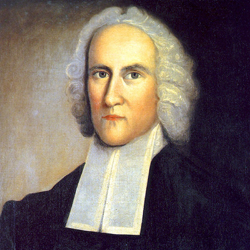
1702-1758
Jonathon Edwards, the prominent Calvinist pastor, expresses emotion and admiration of nature and its relationship to God. Puritans follow the thoughts of Cotton Mather: 'What is not useful is vicious."
-
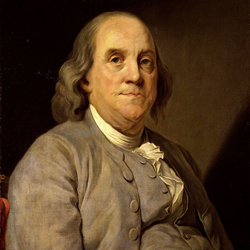
1744
Benjamin Franklin publishes a description of the "Pennsylvania fireplace," or Franklin stove, the first promotion of an economical use of wood to conserve natural resources.
-
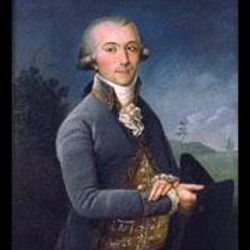
1764
French fur trapper Pierre Laclede and his stepson Auguste Chouteau found a settlement on the Missouri River. It later becomes St. Louis, the fur trade capital of the West.
-
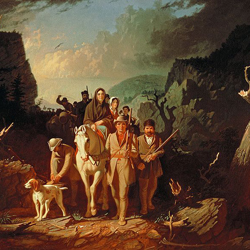
1775
Daniel Boone blazes the Wilderness Trail to establish Boonesborough on land between the Kentucky and Cumberland Rivers, civilizing unsettled territory.
-
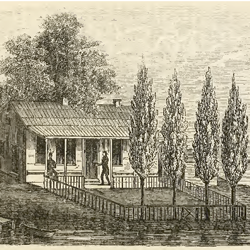
1779
Haitian-born fur trapper Jean Baptiste Point DuSable establishes a trading post at the mouth of the Chicago River contributing to the fur trade's role in the exploration of the West.
-
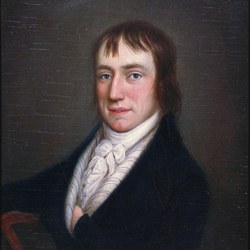
1798
English romantic poet William Wordsworth begins to write a philosophical work on nature, man, and society to be entitled "The Recluse."